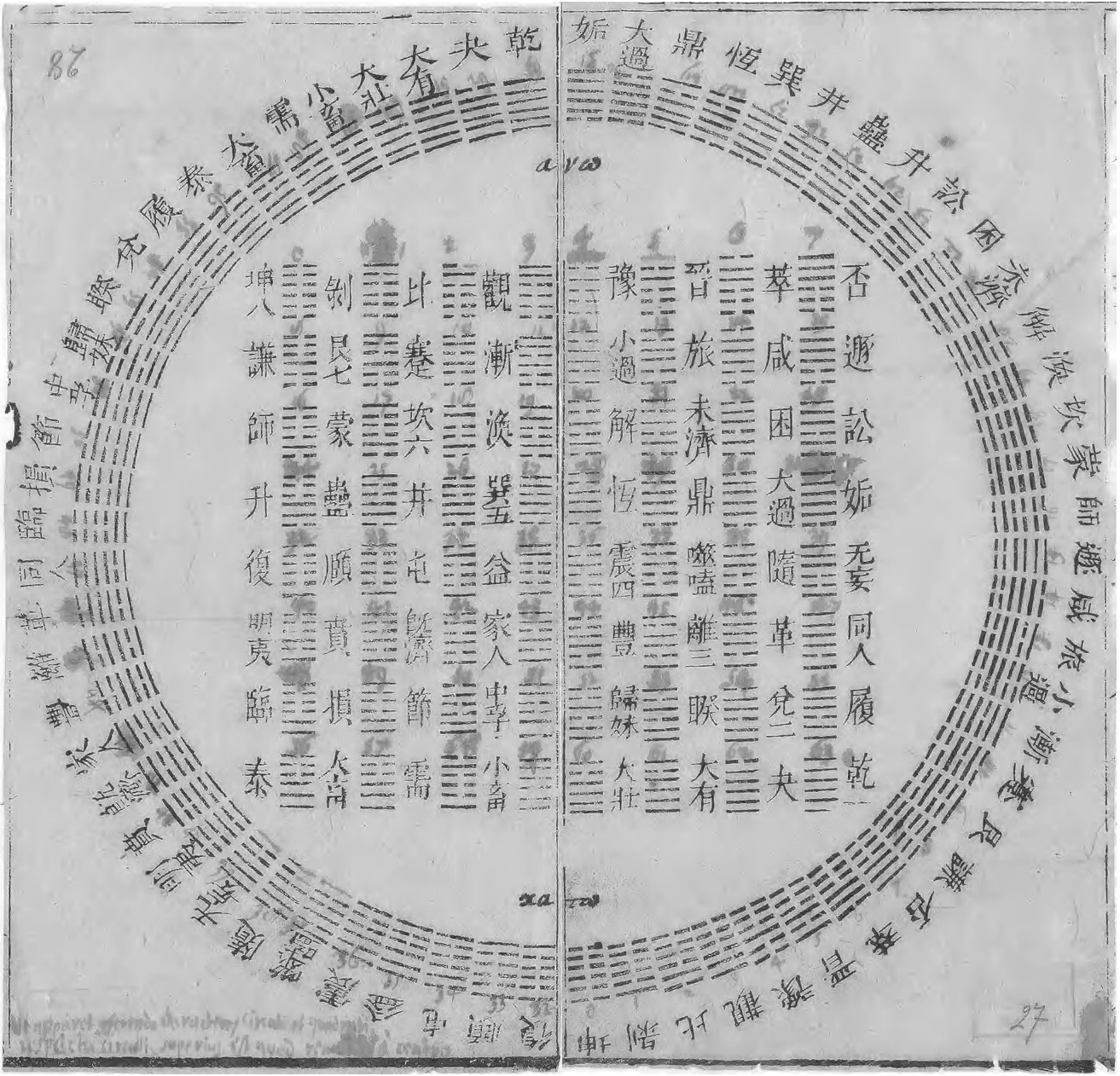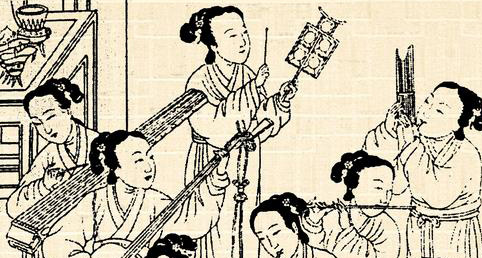A much-maligned ancient Chinese saying, nan zun nü bei (男尊女卑), is often taken to mean “male superior, female inferior.” However, modern Chinese language and interpretation has obfuscated the meaning of the words, causing confusion about how traditional Chinese culture viewed the relationship between men and women.
On the surface, the character zun (尊) means respect or exaltation, while bei (卑) implies lowliness and humility. Given the way the two characters are used to form words in modern Chinese, this has made the old saying seem like a slight against women.
Especially in today’s China, which underwent radical changes during and following the communist revolution, the authentic connotations and wisdom behind the idiom have been further misunderstood.
The real meaning of a ‘sexist’ phrase
The relationship between husband and wife in traditional Chinese culture is based on the harmony between yin and yang — with yang representing that which is bright or explicit, while yin embodies that which is hidden or implicit. Yin and yang can be regarded as the basic philosophical concept in much of Chinese culture, such as Taiji, the Book of Changes (the Yi Jing), and the methods used in traditional Chinese medicine or feng shui.
According to the principle of yin and yang, masculinity embodies yang strength, which is tempered and balanced out by the yin nature in femininity. Without equal importance between the opposites, harmony would be lost.

Success
You are now signed up for our newsletter
Success
Check your email to complete sign up
Therefore, while women were not generally expected to focus on competing with men in public life or work, traditional Chinese gender norms saw women as complimentary, not inferior, to men.
Despite their modern meanings, the two characters zun and bei originate from the Book of Changes, where they described the balance between yin and yang. Due to the contrasts between male and female, they are generally suitable for different roles in the family and society. When men and women abide by their natural predispositions, humanity will thrive.
The phrase nan zun nü bei — “men respectful and women humble” — in fact signifies complementary harmony between the sexes, not the abasement of women before men.
Zun and bei refer to a polarity; heaven above and earth below. The Book of Changes states, “As the heaven above is dignified and the earth is below is humble, the positions of the heaven and earth, qian and kun (乾坤), are thus determined. In the positioning of low and high, the humble and the dignified each have their own place…. Men inherit the way of qian [heaven] and women bear the way of kun [earth].”
Harmony in balance
According to the Book of Changes and other works of Chinese Daoist philosophy, humanity follows the patterns of heaven and earth to prosper; deviating from the natural way brings misery and disaster.
Confucius spoke of the jun zi (君子) or “gentleman” who attained a high level of moral refinement. According to the Book of Changes, “the heavens are in motion ceaselessly; the jun zi exert themselves constantly.” “The nature of the earth is generous and tolerant; the jun zi bears everything with virtue.” Women, likewise, aspire to the moral ideal of the shu nü (淑女) — a woman who is dignified, modest, respectful, and persevering.
This was exemplified by the three queens Tai Jiang, Tai Ren, and Tai Si, the wives of three successive kings 3,000 years ago. The “three Tais” aided their virtuous husbands in establishing the foundations of the 800-year-long Zhou Dynasty (1046 – 256 B.C.).

Tai Si, described in the Classic of Poetry as an archetypal shu nü and a good fit for her husband King Wen of Zhou, busied herself with the upbringing of the royal couple’s 10 princes and management of the harem.
According to the Records of Exemplary Women (列女傳), this allowed the king to focus on his governance and civilize the country. Tai Si is honored as wen mu (文母), the “cultured mother,” and it is said of the royal couple that “King Wen governed externally while Wen Mu governed the interior.”
When men are upright and noble and women are humble and tolerant, the family will naturally be harmonious. A society that works according to this principle will respect and value women.
Traditional wisdom discarded
Before and after coming to power, the Chinese communists advocated the “liberation” of women. Mao Zedong, founder of Communist China, proclaimed that “women hold up half the sky.”
While often seen as a statement supporting women’s rights and equality, this attitude in fact attempted to erase the differences, and therefore the balance, between men and women. During the Cultural Revolution and other communist campaigns, Chinese women were shunned or punished for dressing fashionably; female role models depicted in “revolutionary” art were loudmouthed and crude.
The damage of such indoctrination runs deep. The Chinese Communist Party, far from “liberating” women, replaced traditional family virtues with a culture of struggle, pitting men and women against each other and throwing society into chaos. Many people who grew up during the Cultural Revolution became accustomed to rude and uncivilized behavior, completely the opposite values of those found in ancient Chinese civilization.
The CCP’s one-child policy, responsible for preventing an estimated 400 million births, further worsened the trend. Millions of boys and girls ended up being raised as “little emperors” or “princesses” spoiled by their elders, with little care given to their moral education.
In today’s China, divorce and infidelity are rampant — the country is estimated to have 20 to 30 million sex workers. High-ranking officials are known for their numerous mistresses and debauched lifestyles. Marriages and children are rapidly becoming less common, with dim prospects for China’s demographic future.












